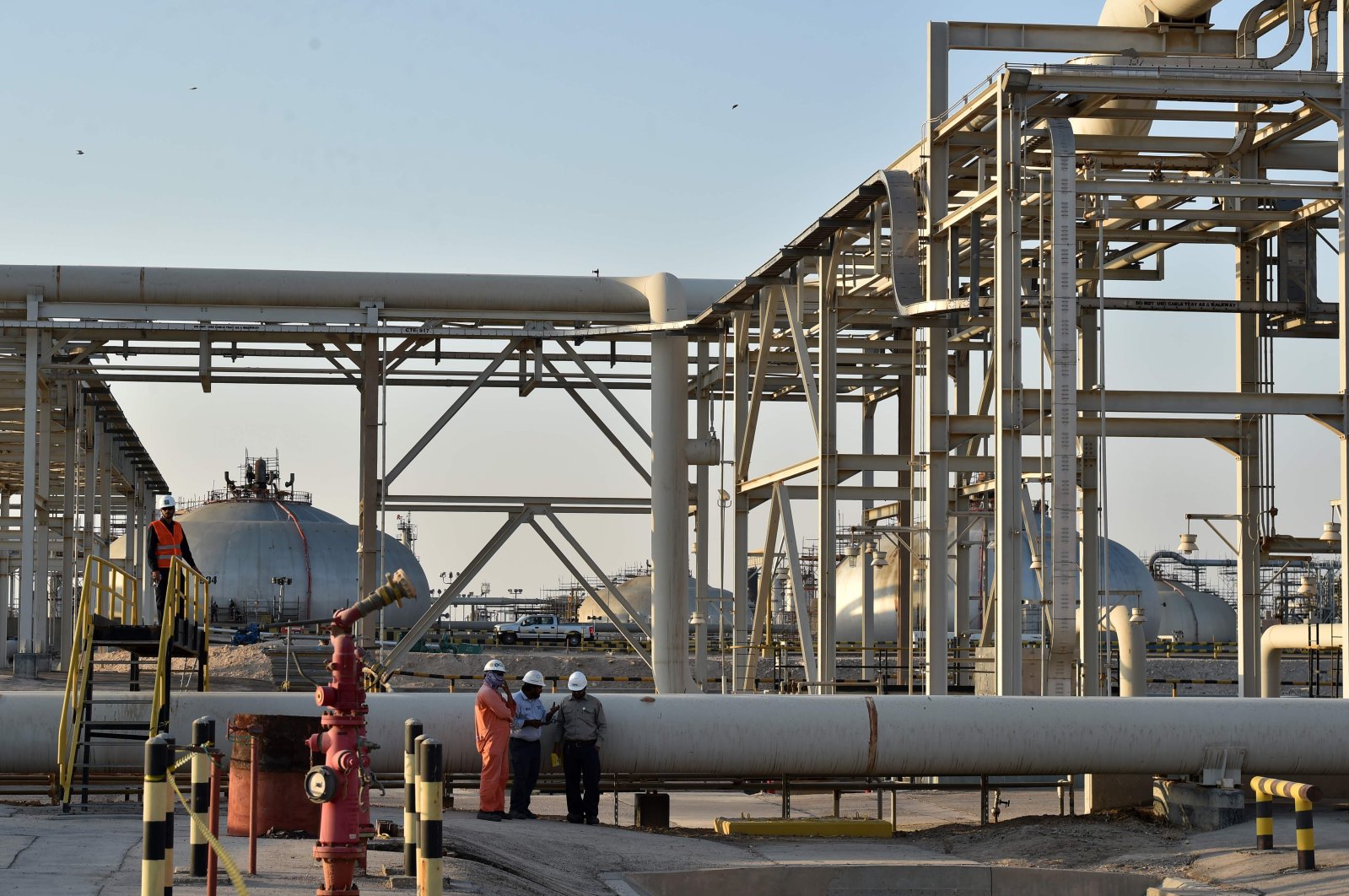Saudi Arabia's economic engine sputtered in the first quarter of 2024, with its Gross Domestic Product (GDP) contracting by an estimated 1. 7% compared to the same period last year. This marks the third consecutive quarter of year-on-year decline, highlighting the continued strain on the kingdom's oil-reliant economy.
The primary culprit behind the sluggish growth remains the oil sector. Oil activities, a cornerstone of the Saudi economy, plummeted by 11. 2% year-on-year. This decline is a direct consequence of production cuts implemented by Saudi Arabia as part of an agreement with the Organization of the Petroleum Exporting Countries (OPEC) and other oil producers. While these cuts help stabilize global oil prices, they come at a cost to national output.
Despite the oil sector's struggles, there were glimmers of hope in other areas of the economy. Non-oil GDP, encompassing sectors like tourism, technology, and manufacturing, exhibited a 3. 4% year-on-year increase. This suggests potential for diversification and a path towards a more resilient economic structure, a key objective of Saudi Arabia's Vision 2030 economic transformation plan. Additionally, government spending witnessed a 2% rise, which could provide some stimulus to domestic demand.
The recent economic performance poses a challenge for Saudi Arabia's policymakers. The kingdom is aiming to wean itself off its dependence on oil revenue and foster a more diversified economy. While the non-oil sector's growth is encouraging, significant investments are needed to further develop these alternative sectors and create a more robust foundation for long-term sustainable growth.
The global economic outlook also presents uncertainties. Geopolitical tensions and potential disruptions in the global supply chain could further impact oil prices and economic activity. To navigate these challenges, Saudi Arabia will need to strike a delicate balance between maintaining its role as a key oil producer and fostering diversification efforts.
The success of Vision 2030 hinges on the kingdom's ability to reduce its reliance on oil and promote the growth of non-oil sectors. The first quarter's economic performance serves as a reminder of the urgency to accelerate these efforts. While the path towards a more diversified economy won't be without its hurdles, continued investment and strategic planning could pave the way for a more resilient and prosperous Saudi Arabia in the years to come.

